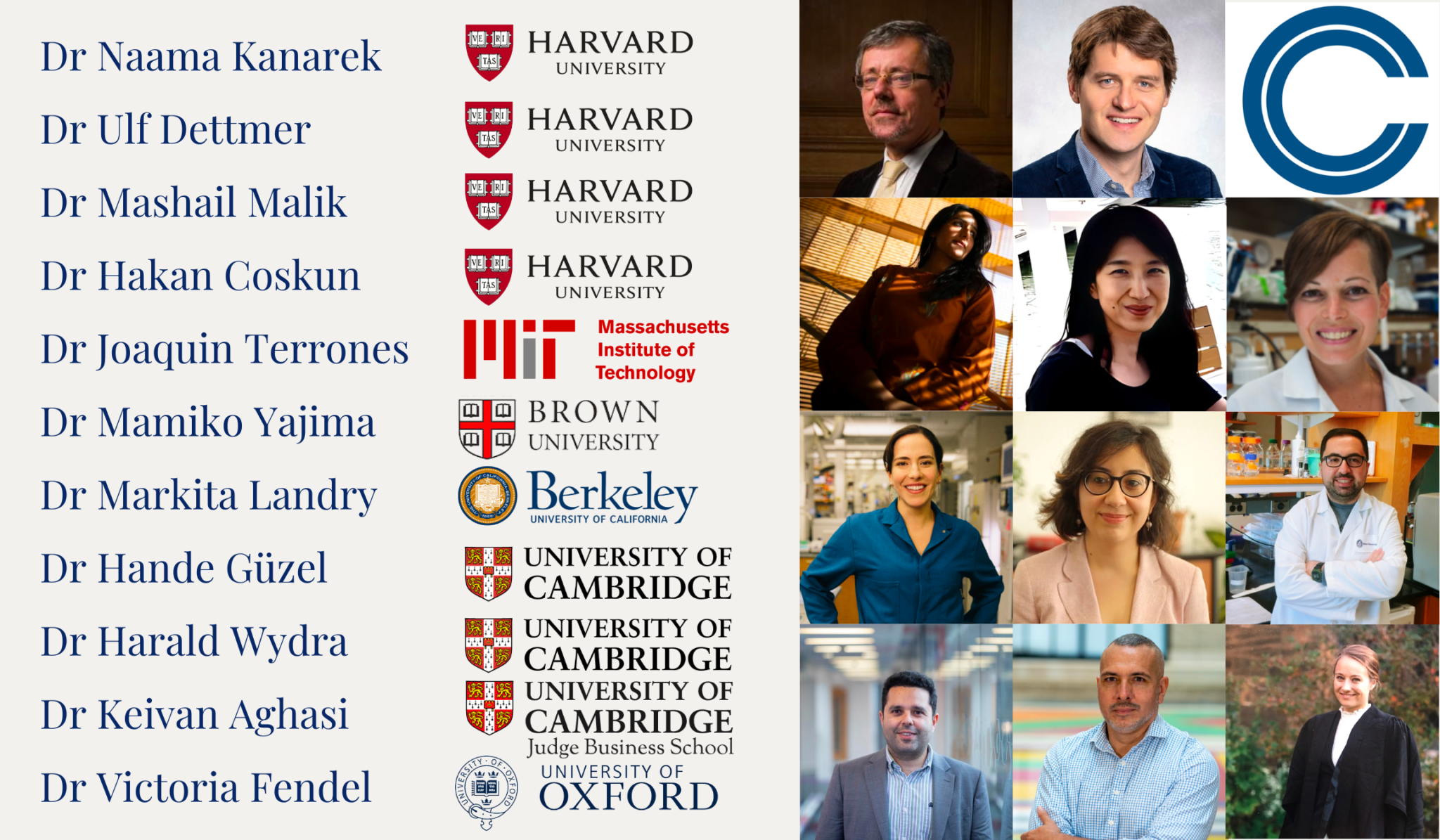
Student Research Projects Ideas
Student research projects provide an excellent opportunity for students to dive deeper into a subject they are passionate about, develop critical thinking skills, and enhance their academic experience. In this article, we will explore a variety of research project ideas that students can explore to broaden their knowledge and skills.
1. Environmental Science
One interesting research project idea in environmental science is to investigate the impact of plastic pollution on marine habitats. Students can conduct field studies, collect data on plastic waste in oceans, and analyze the effects on marine life. They can also propose solutions to reduce plastic pollution and protect marine ecosystems.
Another idea is to study the effects of climate change on biodiversity. Students can research how rising temperatures and changing weather patterns are affecting plant and animal species in different regions. They can also explore the role of human activities in accelerating climate change and suggest strategies for conservation.
Furthermore, students can conduct research on sustainable energy sources, such as solar or wind power, and assess their feasibility for reducing reliance on fossil fuels. They can investigate the environmental benefits, costs, and challenges associated with alternative energy sources to promote eco-friendly practices.
2. Social Sciences
One research project idea in the field of social sciences is to explore the impact of social media on mental health. Students can examine how social media platforms influence self-esteem, relationships, and emotional well-being among young adults. They can conduct surveys, interviews, and content analysis to understand the effects of social media use on mental health.
Another idea is to investigate the correlation between socioeconomic status and academic achievement. Students can analyze data from schools in different socio-economic areas to identify disparities in educational outcomes. They can also explore factors that contribute to academic success, such as parental involvement, access to resources, and school funding.
Additionally, students can research the effects of cultural diversity on community cohesion and social integration. They can study how multiculturalism impacts social attitudes, intergroup relations, and collective identity. They can also examine the role of cultural sensitivity and inclusivity in building harmonious societies.
3. Technology and Innovation
One innovative research project idea in technology is to develop a prototype for a smart home automation system. Students can design a system that integrates IoT devices, sensors, and AI technology to automate household tasks and enhance energy efficiency. They can demonstrate how the system improves convenience, security, and sustainability in modern homes.
Another idea is to explore the potential applications of blockchain technology in various industries, such as finance, healthcare, and supply chain management. Students can examine the features of blockchain, its security benefits, and its impact on traditional business models. They can also propose use cases for blockchain to improve transparency, privacy, and data integrity.
Furthermore, students can conduct research on the development of augmented reality (AR) applications for education and training. They can create AR simulations, educational games, or interactive learning environments to enhance student engagement and knowledge retention. They can evaluate the effectiveness of AR technology in different educational settings and propose ways to integrate it into curricula.
4. Health and Medicine
One research project idea in health and medicine is to investigate the impact of nutrition on mental health. Students can study the link between diet, micronutrients, and mental well-being, such as the role of omega-3 fatty acids in reducing anxiety and depression. They can conduct experiments, surveys, or case studies to explore dietary interventions for mental health disorders.
Another idea is to explore the use of wearable technology for monitoring and managing chronic diseases. Students can design wearable devices, apps, or sensors to track vital signs, medication adherence, and health behaviors in patients with conditions like diabetes or hypertension. They can assess the usability, accuracy, and effectiveness of wearable technology in healthcare settings.
Additionally, students can research the impact of exercise on preventing age-related cognitive decline. They can investigate how physical activity, aerobic exercise, or strength training programs can improve brain health, memory, and cognitive function in older adults. They can also explore the mechanisms underlying the benefits of exercise for cognitive aging and propose recommendations for healthy aging strategies.
In conclusion, student research projects offer a valuable opportunity for students to explore new ideas, gain hands-on experience, and contribute to academic knowledge. By engaging in research, students can develop analytical skills, problem-solving abilities, and a deeper understanding of complex issues in various fields. Through innovative and impactful projects, students can make meaningful contributions to society, advance their academic and professional goals, and foster a lifelong passion for learning.
Q&A
Q: How can students choose a research project topic?
A: Students can choose a research project topic based on their interests, academic goals, and relevance to current issues in their field of study. They can brainstorm ideas, consult with professors or mentors, and conduct preliminary research to identify a research gap or problem worth investigating.
Q: What are the benefits of conducting a research project as a student?
A: Conducting a research project as a student can enhance critical thinking skills, problem-solving abilities, and research methodologies. It can also improve communication, writing, and presentation skills, as well as provide valuable experience for future academic or professional opportunities.
Q: How can students ensure the success of their research project?
A: Students can ensure the success of their research project by establishing clear objectives, timelines, and milestones, as well as seeking feedback, guidance, and support from advisors or peers. They can also allocate sufficient time, resources, and effort to execute their research plan effectively and address any challenges or setbacks along the way.







